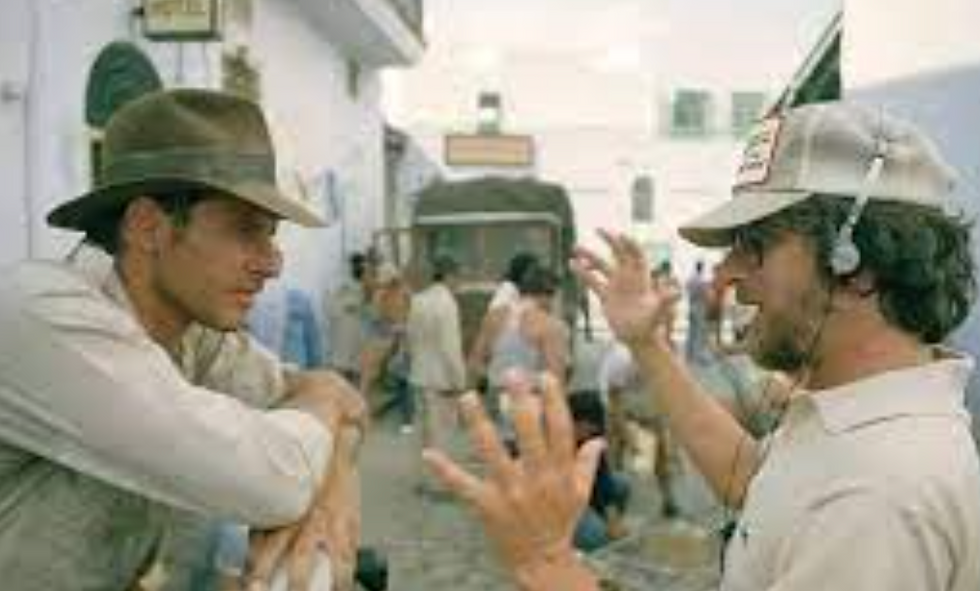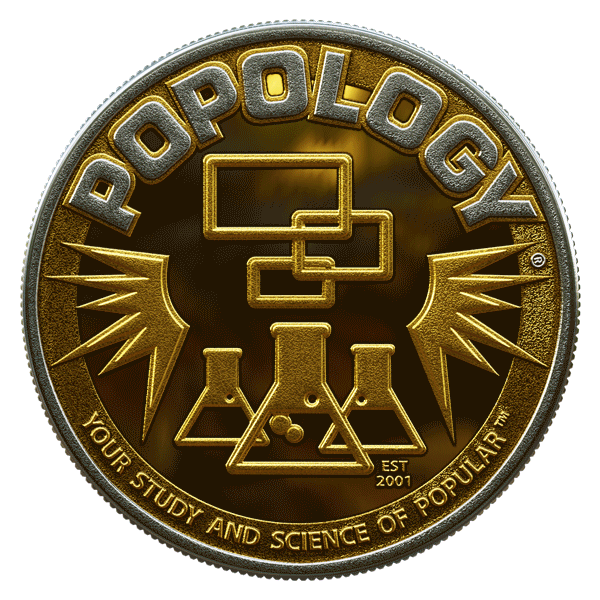E.T., Dinosaurs, and Beyond: How Steven Spielberg Changed Film Forever
- The Gooch

- Dec 17, 2024
- 4 min read
Steven Spielberg, born on December 18, 1946, in Cincinnati, Ohio, is one of the most celebrated filmmakers in history. Known for his unparalleled ability to blend heartfelt emotion with groundbreaking spectacle,

Spielberg has been a dominant force in the film industry for over five decades. From creating the blockbuster era with Jaws to crafting poignant dramas like Schindler’s List, Spielberg’s work has touched millions, reshaped Hollywood, and established him as a cultural icon.

Early Life: A Boy with Big Dreams
Steven Allan Spielberg was the eldest child of Arnold Spielberg, a computer engineer, and Leah Adler, a concert pianist and restaurateur. His family moved frequently during his childhood, living in cities such as Haddon Township, New Jersey, and Scottsdale, Arizona.
Spielberg was drawn to storytelling from a young age. His fascination with film began when he saw The Greatest Show on Earth (1952) at age six, which inspired him to start making 8mm home movies with his father’s camera.

His early films were often adventure stories, war dramas, or science fiction, genres that would later dominate his career. By age 13, Spielberg had already won a prize for a short film, Escape to Nowhere, about a WWII battle. At 16, he made a 140-minute science-fiction film called Firelight, which premiered at a local theater.
Despite his burgeoning talent, Spielberg faced academic challenges and rejection. He was denied admission to the University of Southern California's film school and instead attended California State University, Long Beach, where he studied English while continuing to pursue filmmaking independently.


Breaking into Hollywood: A Prodigy’s Rise
In 1969, Spielberg directed a short film, Amblin’, which caught the attention of Universal Studios. At just 22, he became the youngest director ever signed to a long-term deal with a major studio. His early career was marked by work in television, where he directed episodes of shows like Columbo and Night Gallery.

One of his most notable early works was the 1971 TV movie Duel, a taut thriller about a man pursued by a mysterious truck driver. Duel was so well-received that it was later released in theaters, solidifying Spielberg’s reputation as a director to watch.


The Birth of the Blockbuster: Jaws (1975)
Spielberg’s first major feature, The Sugarland Express (1974), was critically acclaimed but commercially modest. However, his next project, Jaws, became a cultural phenomenon. Released in 1975, this thriller about a man-eating shark terrorizing a small beach town revolutionized cinema. Despite production challenges, including a malfunctioning mechanical shark, Spielberg’s use of suspense, innovative camera techniques, and John Williams’ iconic score turned Jaws into the first true summer blockbuster. It grossed over $470 million worldwide and earned Spielberg his first taste of global fame.


The Spielberg Era: Defining Popular Cinema
Following Jaws, Spielberg embarked on a series of groundbreaking films that solidified his status as Hollywood’s premier filmmaker.
Close Encounters of the Third Kind (1977): A deeply personal story inspired by Spielberg’s childhood fascination with UFOs, this film blended wonder and mystery, earning multiple Oscar nominations.
Raiders of the Lost Ark (1981): Collaborating with George Lucas, Spielberg created Indiana Jones, a swashbuckling archaeologist whose adventures became an enduring franchise.
E.T. the Extra-Terrestrial (1982): A heartfelt tale of friendship between a boy and an alien, E.T. became a cultural touchstone and one of the highest-grossing films of all time.
Jurassic Park (1993): Spielberg used groundbreaking CGI to bring dinosaurs to life, revolutionizing visual effects and establishing a new standard for blockbuster filmmaking.

A Turn Toward Drama: Spielberg the Storyteller
While Spielberg became synonymous with blockbuster entertainment, he also pursued deeply personal and dramatic projects that showcased his range as a filmmaker.

The Color Purple (1985): Spielberg’s adaptation of Alice Walker’s novel marked his first foray into serious drama. Though criticized for some creative decisions, it earned 11 Oscar nominations.
Schindler’s List (1993): A harrowing depiction of the Holocaust, this film earned Spielberg his first Academy Awards for Best Director and Best Picture. The project was deeply personal, reflecting Spielberg’s Jewish heritage and commitment to preserving the memory of the Holocaust.
Saving Private Ryan (1998): Renowned for its visceral, realistic depiction of war, this WWII epic won Spielberg his second Oscar for Best Director.




Building a Legacy: Beyond Directing
In addition to his directing career, Spielberg became a powerhouse producer and entrepreneur.
Amblin Entertainment: Founded in 1984, Amblin produced iconic films like Back to the Future, The Goonies, and Who Framed Roger Rabbit.
DreamWorks: In 1994, Spielberg co-founded DreamWorks SKG with Jeffrey Katzenberg and David Geffen. The studio produced acclaimed films like Shrek, American Beauty, and Gladiator.
Philanthropy: Spielberg is deeply involved in philanthropic efforts, including the Shoah Foundation, which preserves testimonies of Holocaust survivors.

A Modern Icon: Spielberg in the 21st Century
Spielberg’s career continued to flourish in the 21st century, with films that spanned genres and themes.
Minority Report (2002) and War of the Worlds (2005) showcased his mastery of science fiction.
Lincoln (2012): A biographical drama about Abraham Lincoln’s fight to end slavery, it earned critical acclaim and multiple awards.
Ready Player One (2018): A return to blockbuster filmmaking, this sci-fi adventure highlighted Spielberg’s enduring ability to connect with younger audiences.

Spielberg’s Impact on Film and Culture
Steven Spielberg’s influence on cinema is immeasurable. Known as the “father of the blockbuster,” he pioneered the modern Hollywood model of high-concept storytelling paired with wide commercial appeal. His films, often marked by themes of wonder, resilience, and human connection, have left an indelible mark on global culture.
Spielberg has also mentored numerous filmmakers, championed technological innovation, and elevated the importance of storytelling in the digital age. His work continues to inspire directors, from J.J. Abrams to Christopher Nolan, proving his lasting impact on the craft of filmmaking.

Awards and Accolades
Spielberg has received countless honors, including:
Three Academy Awards (Best Director for Schindler’s List and Saving Private Ryan, Best Picture for Schindler’s List).
The Irving G. Thalberg Memorial Award for his contributions to cinema.
The Kennedy Center Honors and the Presidential Medal of Freedom.

A Legacy of Cinematic imaginative Storytelling
Steven Spielberg’s career is a testament to the power of imagination, innovation, and emotional storytelling. From creating iconic blockbusters to crafting deeply moving dramas,


Spielberg has consistently pushed the boundaries of cinema while remaining deeply connected to his audience. His ability to capture both spectacle and soul ensures his place as one of the greatest filmmakers of all time.









Comments